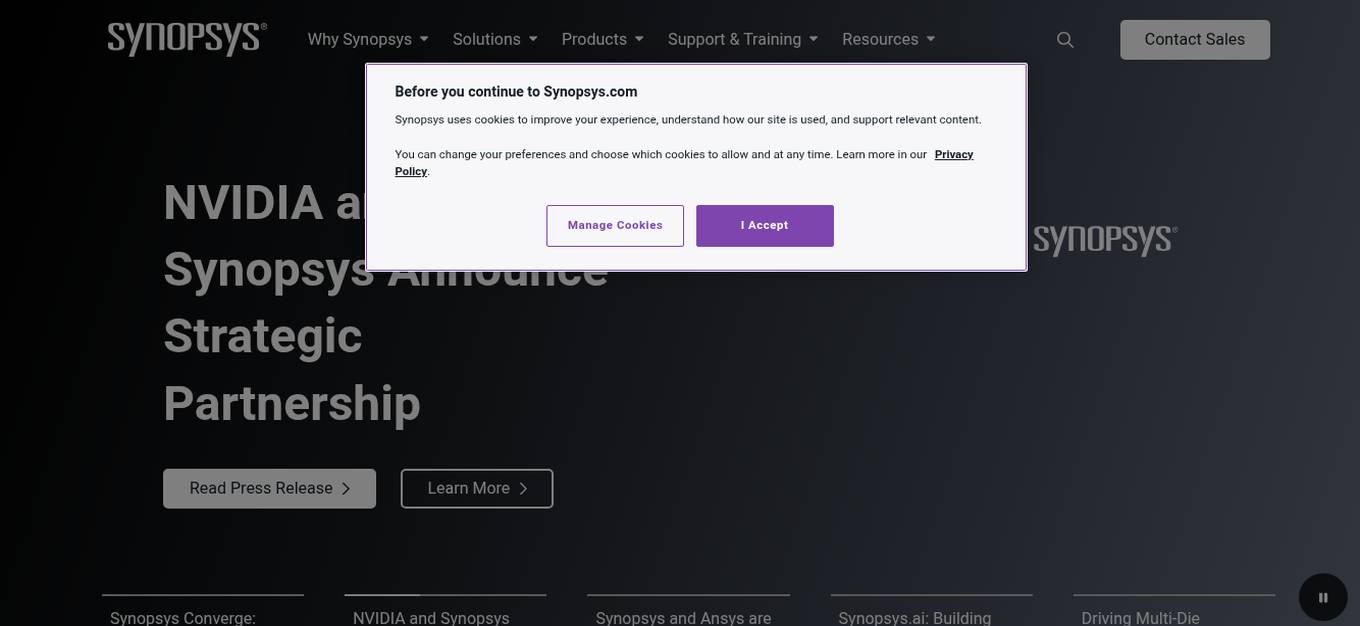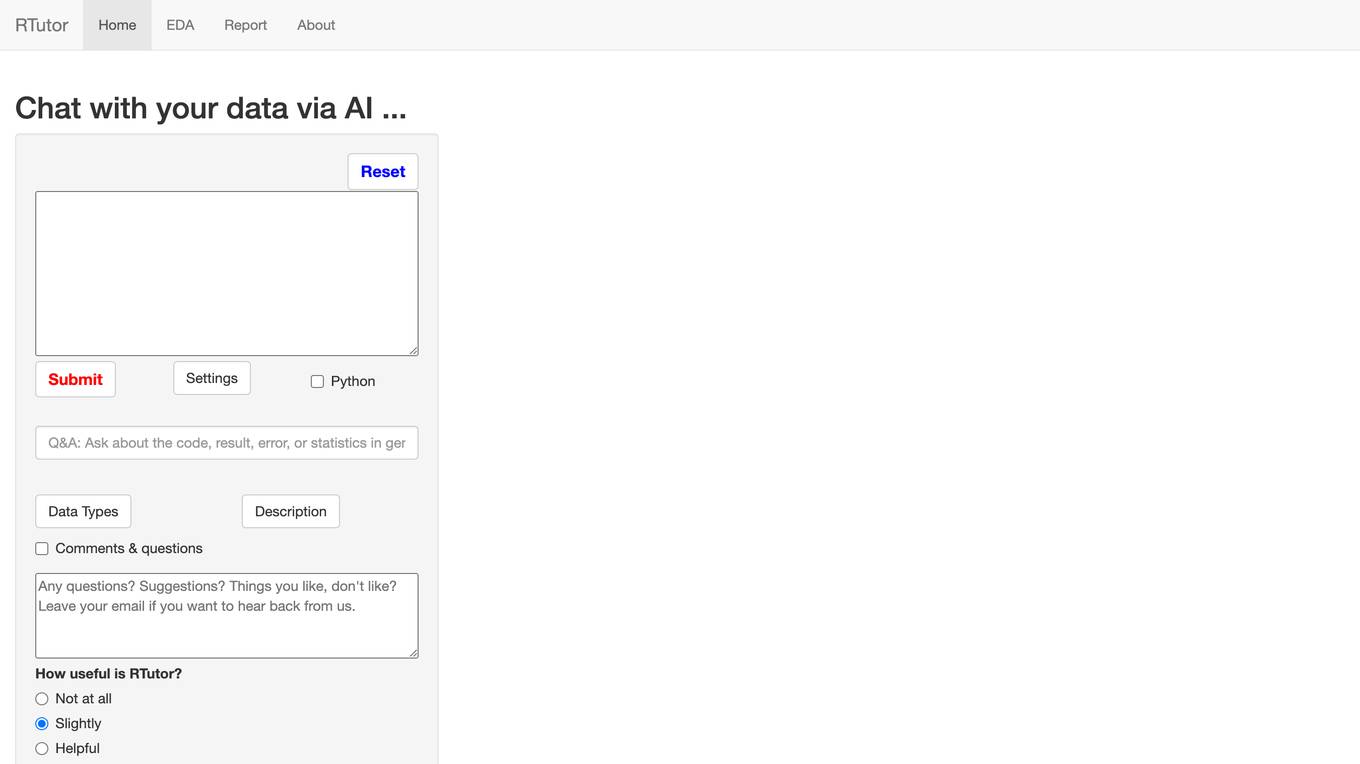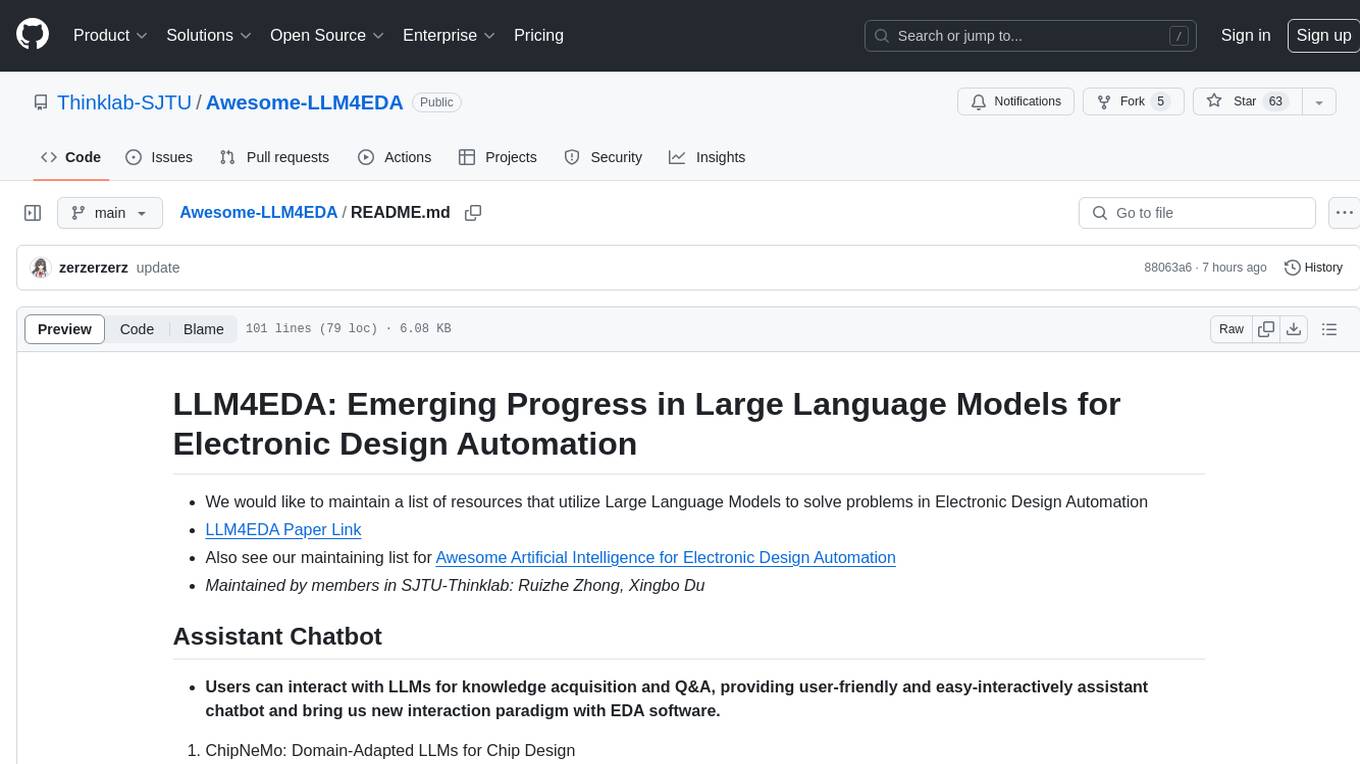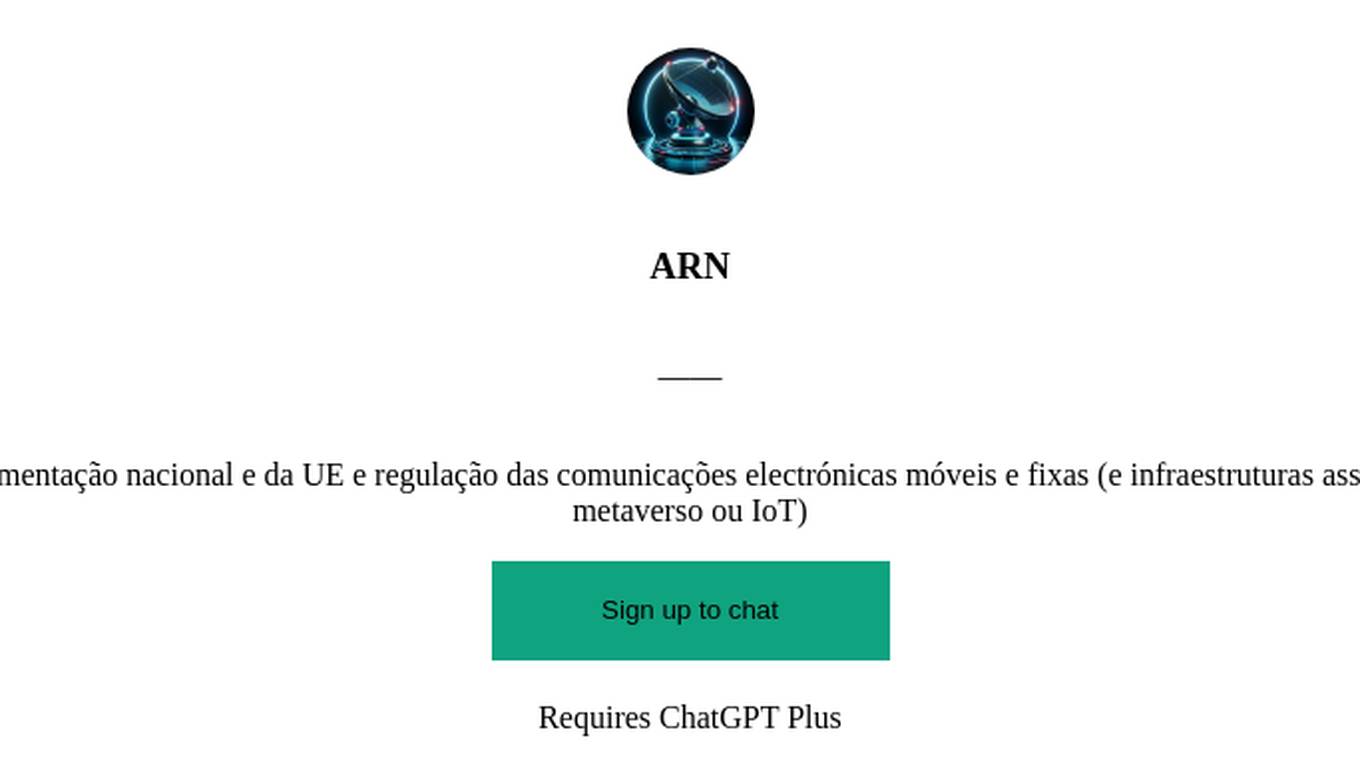Best AI tools for< Eda Software Developer >
Infographic
2 - AI tool Sites

Synopsys.ai
Synopsys is an AI-enabled EDA (Electronic Design Automation) tool that offers design, automation, insights, optimization, analytics, and expert workflows for chip development. It provides a comprehensive suite of solutions for chip design, verification, test, and production, catering to various industries such as automotive, aerospace, AI chip development, and more. Synopsys.ai focuses on fast heterogeneous integration and industry-leading AI-powered workflow optimization to help users achieve first-pass silicon success and accelerate innovation.

RTutor
RTutor is an AI tool that utilizes OpenAI's large language models to translate natural language into R or Python code for data analysis. Users can upload data in various formats, ask questions, and receive results in plain English. The tool allows for exploring data, generating basic plots, and gradually adding complexity to the analysis. RTutor can only analyze traditional statistics data where rows are observations and columns are variables. It offers a comprehensive EDA (Exploratory Data Analysis) report and provides code chunks for analysis.
1 - Open Source Tools

Awesome-LLM4EDA
LLM4EDA is a repository dedicated to showcasing the emerging progress in utilizing Large Language Models for Electronic Design Automation. The repository includes resources, papers, and tools that leverage LLMs to solve problems in EDA. It covers a wide range of applications such as knowledge acquisition, code generation, code analysis, verification, and large circuit models. The goal is to provide a comprehensive understanding of how LLMs can revolutionize the EDA industry by offering innovative solutions and new interaction paradigms.
1 - OpenAI Gpts

ARN
Orientações e directrizes no domínio da regulamentação nacional e da UE e regulação das comunicações electrónicas móveis e fixas (e infraestruturas associadas) e serviços digitais (incluindo cloud, IA, metaverso ou IoT)